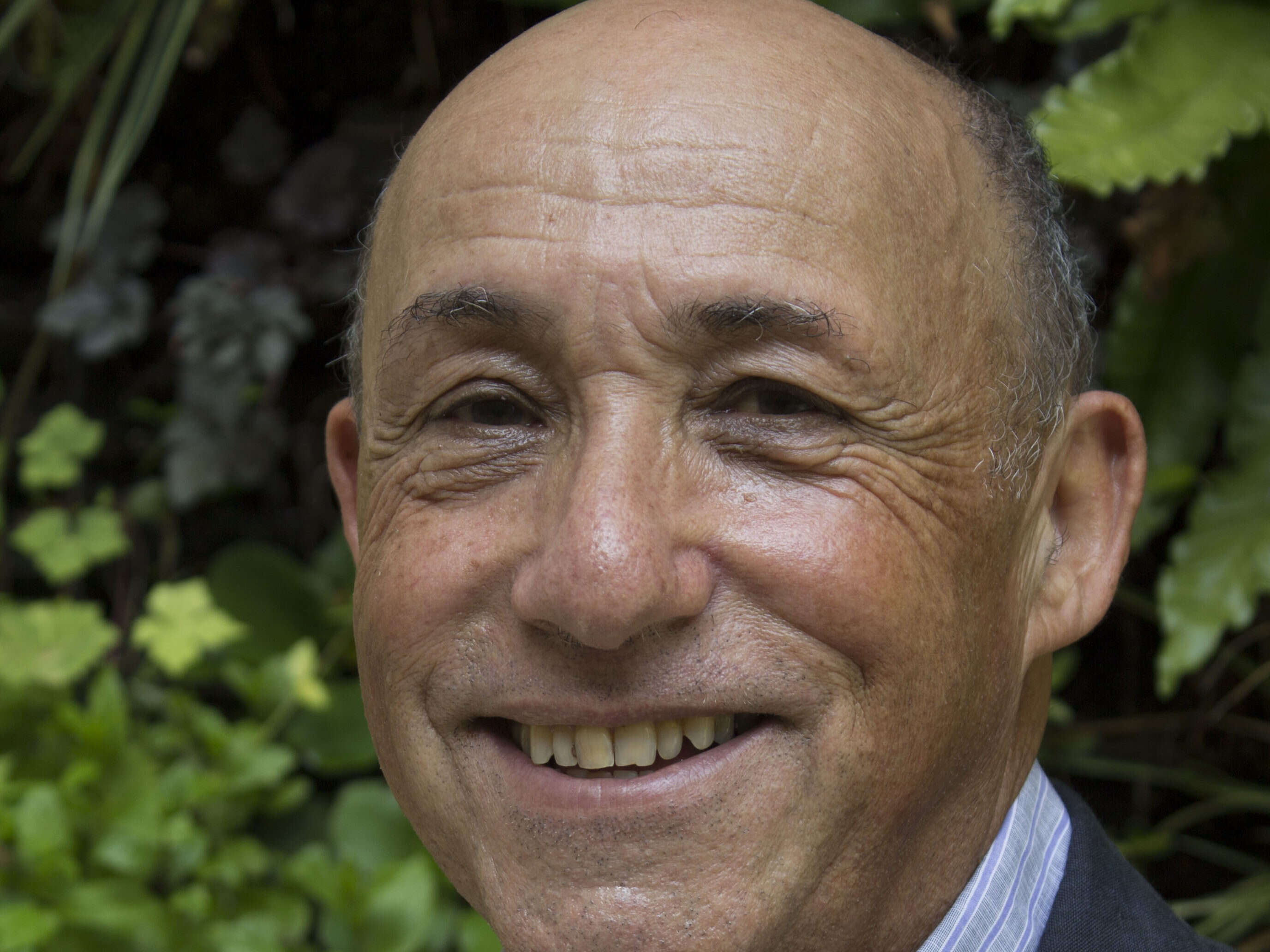
Journalists are “not doing a good job” at raising awareness of press freedom issues in a way that will galvanise public opinion because it is not seen as a “sexy” topic, a journalism academic has said.
Speaking at the Defend Media Freedom conference in London, co-hosted by the UK and Canadian governments, yesterday, Sussex University journalism professor Ivor Gaber also criticised the “shameful” level of coverage the event had received in the UK national press.
He claimed he had only seen print coverage in the Daily Telegraph, although the Guardian website and the Mail Online had covered the main session on Wednesday with Foreign Secretary Jeremy Hunt and Special Envoy on Media Freedom Amal Clooney.
Gaber (pictured) helped develop the United Nations Plan of Action on the Safety of Journalists and the Issue of Impunity as the UK’s representative on a UNESCO programme for the development of communications.
The former journalist warned that governments who “pay lip service to media freedom” must be held to account, adding: “The only way I believe that can be done is through public opinion globally and locally.
“It’s public opinion but it’s we in the media who will make the change.”
The “only way” to get that message across is through journalists, who Gaber said “ain’t doing a good job” because of a fear of navel gazing.
He said this was despite global outcry in the media over the killing of Jamal Khashoggi and the role of Saudi Arabia in his death.
Asked how the media can improve, Gaber said: “Firstly we should look to organisations, like in this country the National Union of Journalists which actually highlights this issue and does fantastic work, and the International Federation of Journalists linked to it.
“They have a job to do. They are doing their best. That’s one solution – raising awareness for journalists.”
Another solution, Gaber continued, is about getting across to newsdesks and editors “that this is a sexy issue that readers will be interested in”.
Some incidents such as the murder of Washington Post columnist Khashoggi get big headlines, Gaber said, “but I don’t think we’ve created a culture where attacks on journalists are a sexy issue”.
When Gaber restated his argument at a later panel, Sky News journalist Alex Crawford agreed: “I think you’re right – journalists are embarrassed about covering themselves.”
Gaber’s argument was also supported by John Momoh, chairman and chief executive of Channels Television in Nigeria.
Momoh said: “There is a need for all journalists to come together and face this issue and speak with one voice so we can push this agenda and make sure the environment is suitable for us to work in.
“It’s going to be an ongoing process. People don’t want us to speak truth to power but that’s what our job is and we will continue to do that.”
Gaber also celebrated the launch of a Global Media Defence Fund, as announced by Foreign Secretary Jeremy Hunt yesterday, saying it would be a “tremendous boost” that “will make a difference”.
The fund will support the UN action plan with funding for legal advice and security training for journalists, and has an initial pledge of £3m from the UK and $1m from Canada. It will be administered by UNESCO.
Gaber said: “It [the fund] is a real shot in the arm for something like the UN plan of action, but I’m here to warn you there ain’t no magic bullets in this game.”
Gaber said the action plan was never more than a tool to raise awareness and “can’t solve the problem” by itself.
But he insisted it had nonetheless already begun to make a difference for journalists on the ground because it “creates an environment and says in theory the world takes this issue seriously”.
Picture: University of Sussex
Email pged@pressgazette.co.uk to point out mistakes, provide story tips or send in a letter for publication on our "Letters Page" blog
